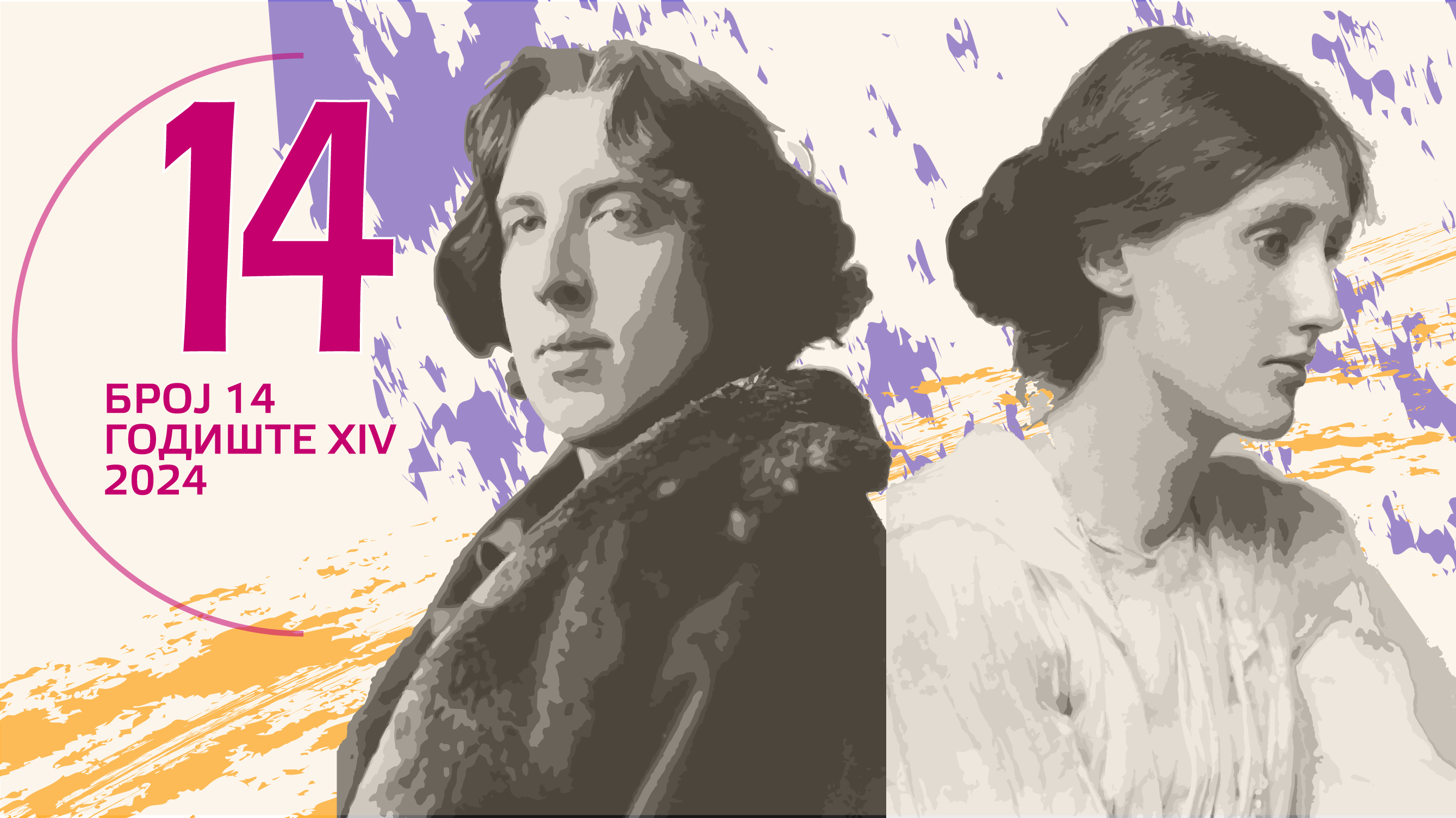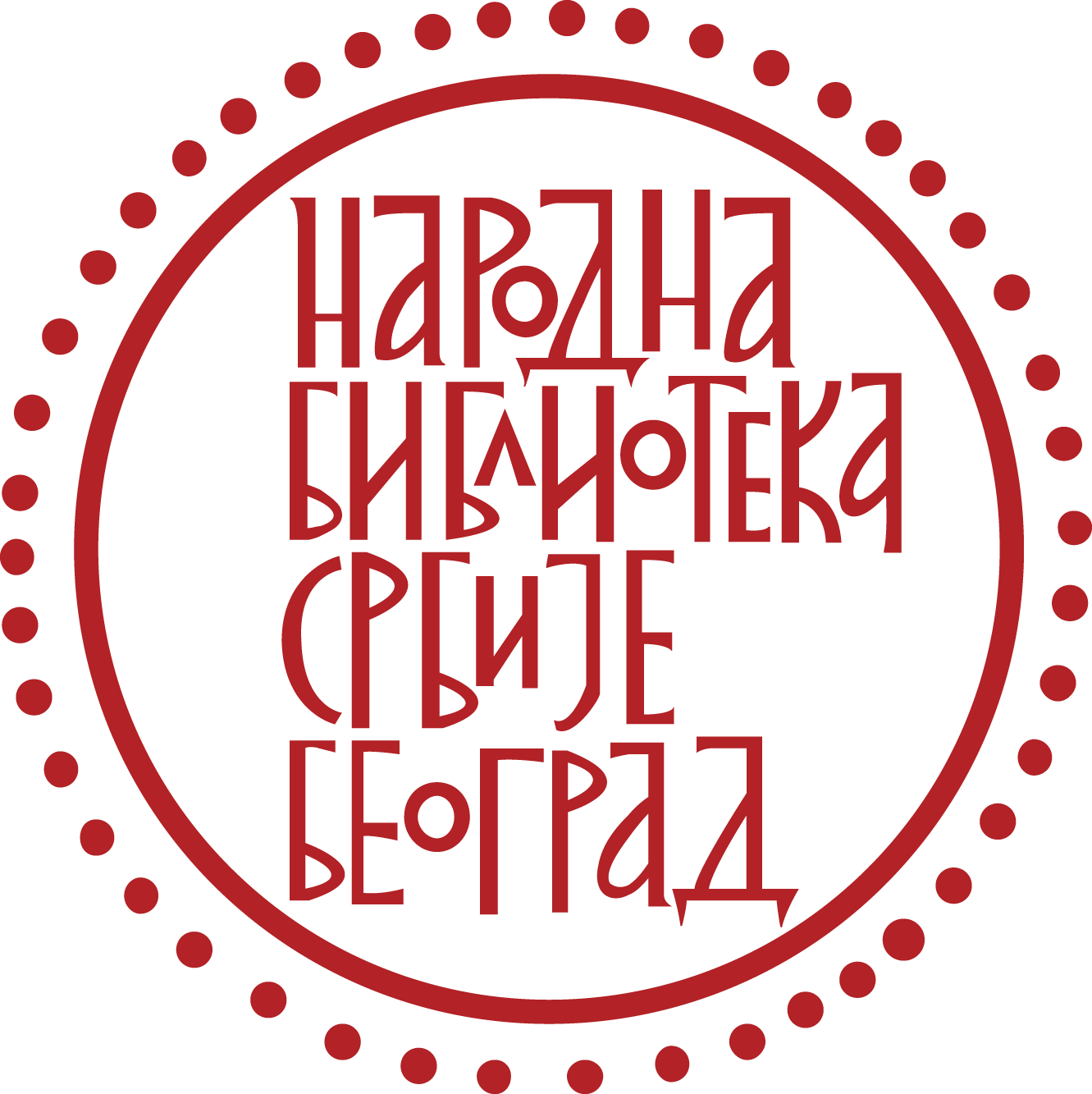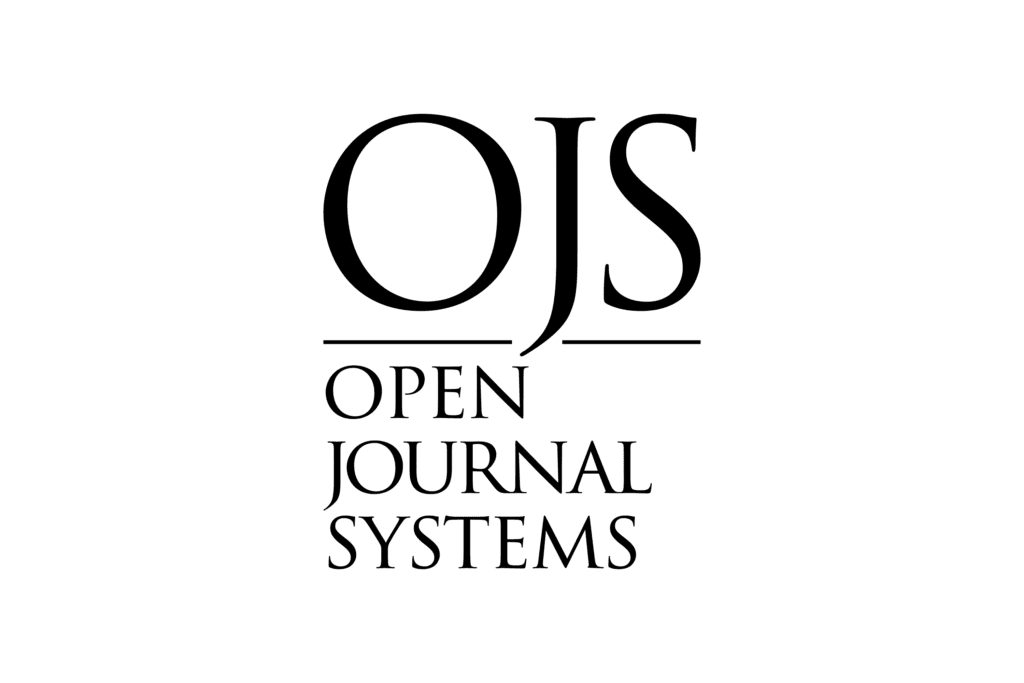COBISS.SR-ID 189322508 | УДК 82

О часопису
Књиженство, часопис за студије књижевности, рода и културе, афирмише интердисциплинарна истраживања женског присуства и стваралаштва у књижевности, уметности и култури, као и област дигиталне хуманистике. Часопис подстиче сарадњу у истраживањима рода на свим језицима у различитим културама и периодима. Уредништво часописа посебно је заинтересовано за иновативне доприносе потенцијалних ауторки и аутора, посвећено је унапређивању академских стандарда и борби против сваког облика дискриминације.
Према Категоризацији Министарства просвете, науке и технолошког развоја за 2023. годину, часопис Књиженство спада у категорију М52. Часопис Књиженство присутан је у базама Scopus, Ebsco, Erih Plus и CEEOL.
http://www.knjizenstvo.rs/en#gsc.tab=0
http://doi.fil.bg.ac.rs/unit.
Најновији број











